On December 21, 2023 (Shanghai), Takeda announced that its new drug marketing application for the new mechanism antiviral drug maribabavir tablets (Yitaizhi®) has been officially approved. It is suitable for the treatment of severe cases after hematopoietic stem cell transplantation or solid organ transplantation. Cellular viral (CMV) infection and/or disease refractory (with or without genotypic resistance) to one or more prior treatments (ganciclovir, valganciclovir, cidofovir, or foscarnet) medication) in adult patients.
Maribavir tablets are the world’s first and currently only antiviral agent that targets and inhibits UL97 protein kinase and its natural substrates. Its approval will provide a solution for transplant recipients with refractory CMV infection or disease in China. A new oral treatment option.
In a multi-center, randomized, open-label, active drug-controlled phase 3 superiority study (TAK-620-303), the results showed that 55.7% (n=131/235) of patients treated with maribavir tablets Patients achieved clearance of CMVemia (i.e., plasma CMV DNA concentration below the lower limit of quantitation in 2 consecutive post-baseline samples at least 5 days apart based on central laboratory results) at week 8 compared with 23.9 for patients on usual care % (n=28/117). At the same time, maribavir tablets have lower treatment-related toxicity than conventional antiviral treatment. Study results showed that 25% (n=14/56) of patients receiving valganciclovir/ganciclovir experienced treatment-related neutropenia, compared with only 1.7% of patients receiving maribasvir. %(n=4/234). At the same time, 19.1% (n=9/47) of patients treated with foscarnet developed acute kidney injury, compared with only 1.7% (n=4/234) of patients treated with maribasvir.
Livtencity (Maribavir) is an innovative oral anti-CMV drug that targets CMV UL97 protein kinase and triple inhibits the replication, encapsidation and nuclear escape of viral DNA, thereby eliminating CMV hyperemia. and control related symptoms. It has an innovative mechanism to inhibit CMV virus replication and has higher safety. The U.S. FDA has granted it breakthrough therapy designation and priority review status. It has also been included in the priority review and breakthrough therapy varieties by the Center for Drug Evaluation (CDE) of the China State Food and Drug Administration. It is intended to be used to treat CMV infection after transplantation or disease patients.
Cytomegalovirus (CMV) is a common beta-herpesvirus with serological evidence of previous infection found in 40%-100% of the adult population.
Of the 200,000 adult transplant cases worldwide each year, CMV is one of the most common viral infections in transplant recipients, with an incidence of 16-56% in solid organ transplant recipients and an incidence in hematopoietic stem cell transplant recipients. is 30-70%. For immunocompromised patients, CMV infection can be life-threatening. After hematopoietic stem cell transplantation or solid organ transplantation, patients inevitably suffer from compromised immune systems due to the use of immunosuppressants. At this time, if CMV infection occurs, it may lead to serious consequences such as transplant failure, and in extreme cases, even cause death of the patient. Therefore, CMV is also called the ‘transplantation troll’.

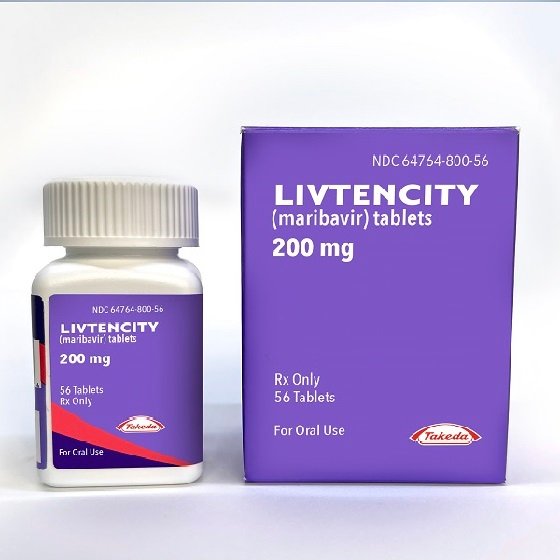
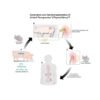







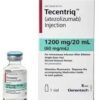
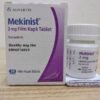


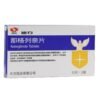
Leave a reply